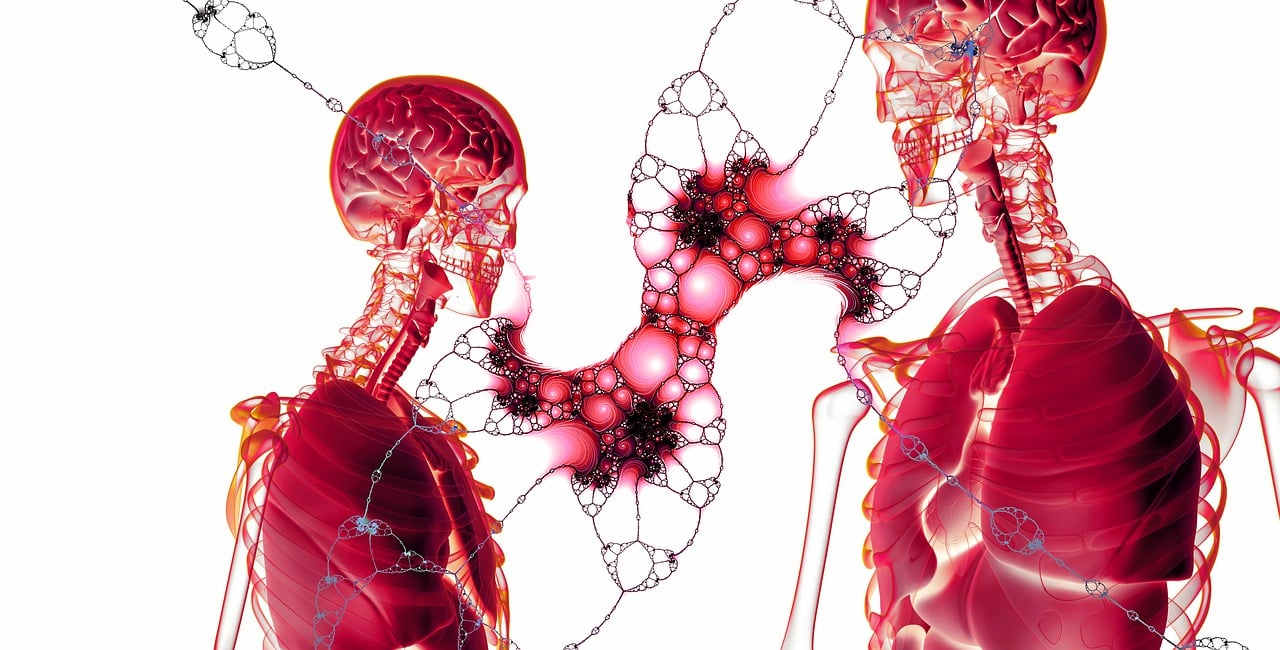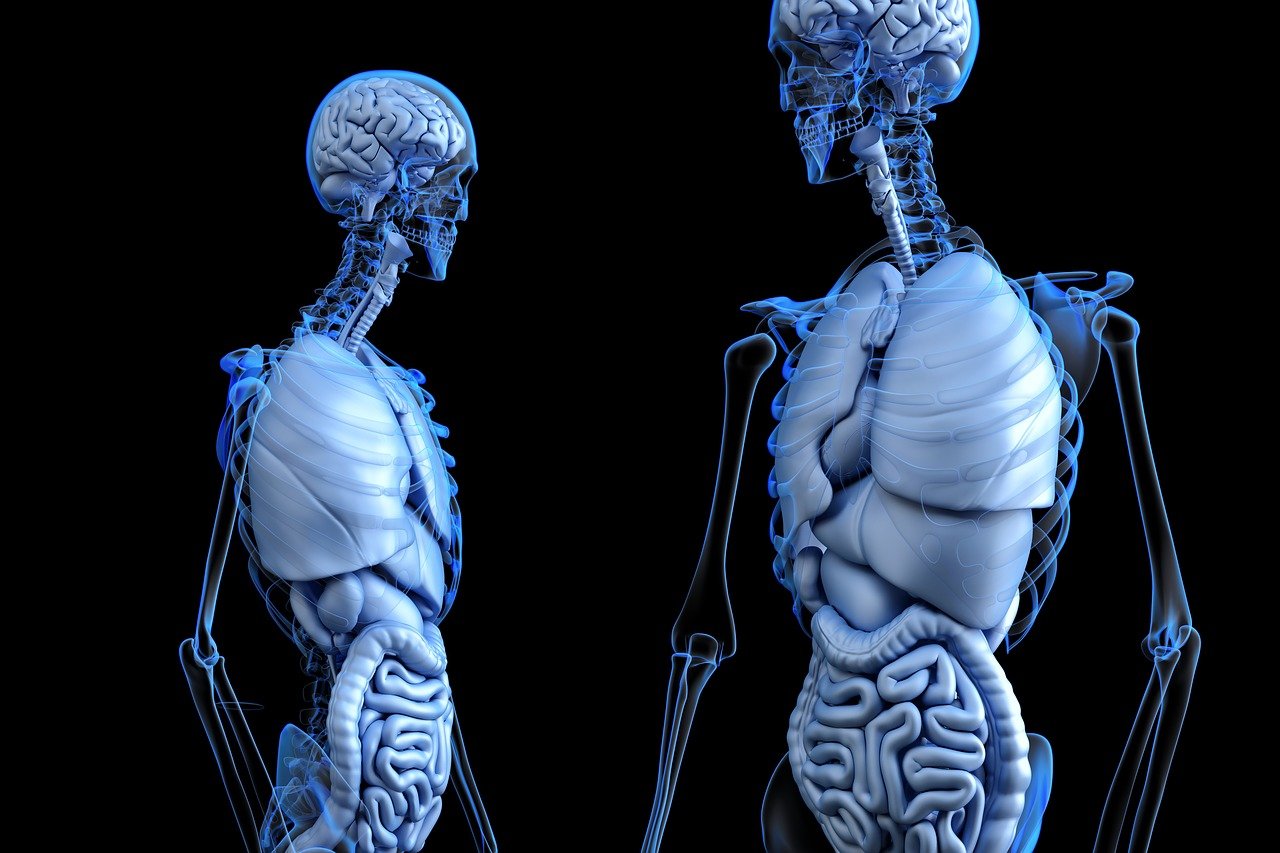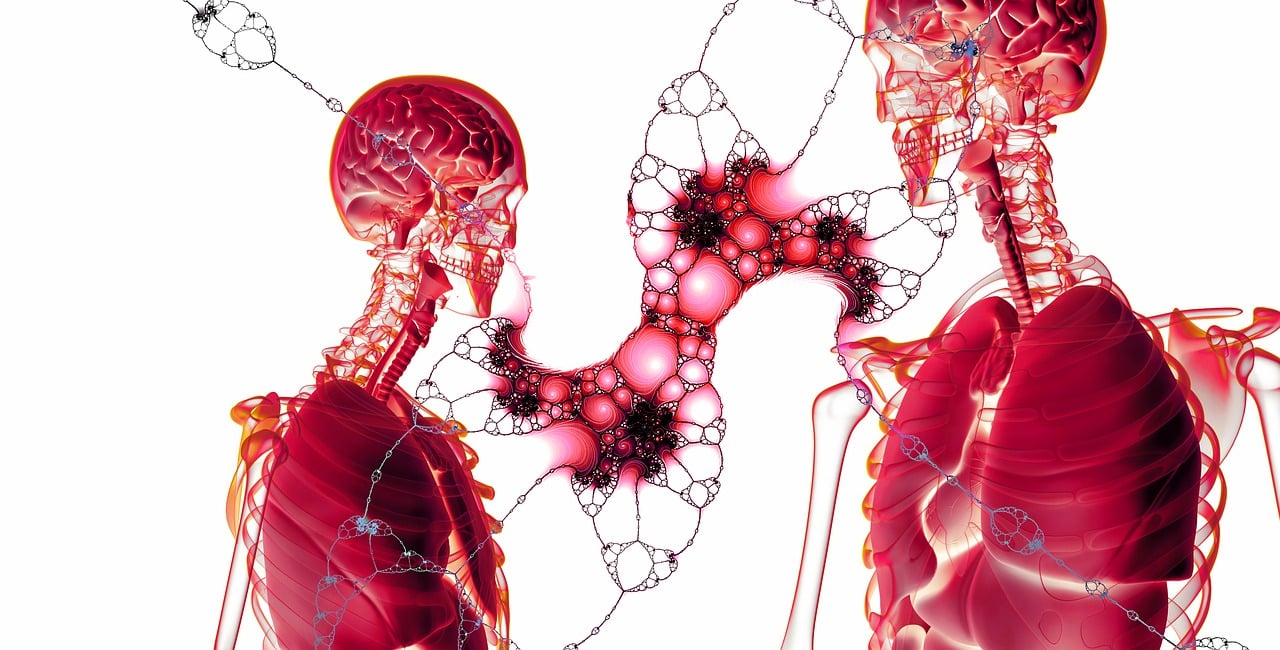Introduction
Statins are widely prescribed medications that have proven highly effective in managing cholesterol levels and reducing the risk of cardiovascular disease. However, like many medications, statins come with potential side effects, and concerns about their impact on liver health have been a subject of discussion. In this article, we will explore the relationship between statins and liver health, the importance of monitoring, and strategies for minimizing potential risks.
Statins, as a cornerstone in the management of cholesterol levels, have undeniably made a significant impact in the battle against cardiovascular disease. These medications, trusted by healthcare providers worldwide, have successfully lowered cholesterol levels and contributed to the reduction of heart-related risks. However, the story of statins isn’t devoid of complexities, as they, like many pharmaceuticals, come with potential side effects that warrant careful consideration. Among these concerns, the impact on liver health has garnered attention and generated discussions within the medical community.
In this article, we embark on an informative journey to explore the intricate relationship between statins and liver health. It’s vital to recognize that statins work within the body’s metabolic pathways, primarily in the liver, to inhibit cholesterol production—a fundamental part of their mechanism. However, this interaction can give rise to potential concerns about liver function.
We delve into the science behind this relationship, shedding light on how statins affect the liver and what mechanisms are at play. It’s important to emphasize that while statins can lead to certain liver enzyme elevations, this doesn’t necessarily equate to liver damage or disease. The vast majority of individuals who experience these elevations see them return to normal when they continue their statin therapy, underscoring the importance of vigilant monitoring.
Speaking of monitoring, we emphasize its critical role in managing statin therapy effectively. Routine liver function tests are standard practice when taking statins, allowing healthcare providers to track any changes and take appropriate action if needed. This proactive approach ensures that potential issues can be identified and addressed promptly.
Furthermore, we discuss strategies for minimizing potential risks associated with statins and liver health. These strategies may include lifestyle modifications, alternative statin options, or simply maintaining an open line of communication with your healthcare provider. The goal is to empower individuals to make informed decisions about their cholesterol management while safeguarding their liver health.
By the end of this article, you will have a comprehensive understanding of the nuanced relationship between statins and the liver. Armed with knowledge and awareness, you can confidently navigate the complexities of statin therapy, all while prioritizing your overall well-being and cardiovascular health.
To expand your knowledge on this subject, make sure to read on at this location: Statin Toxicity | Circulation Research
Before delving into the implications for liver health, it’s essential to understand how statins function. Statins work by inhibiting an enzyme in the liver called HMG-CoA reductase, which is responsible for cholesterol production in the body. By reducing cholesterol production, statins effectively lower LDL (low-density lipoprotein) cholesterol levels in the bloodstream, thereby decreasing the risk of atherosclerosis and cardiovascular events.
Before we delve into the implications of statins on liver health, it’s crucial to grasp the fundamental mechanism by which these medications operate. Statins are hailed as champions in the realm of cholesterol management due to their remarkable ability to interfere with an essential enzyme in the liver known as HMG-CoA reductase. This enzyme is the linchpin of cholesterol production within the body.
Statins perform their magic by inhibiting HMG-CoA reductase, essentially putting the brakes on the liver’s cholesterol manufacturing process. This inhibition results in a tangible reduction in the production of LDL (low-density lipoprotein) cholesterol, often referred to as the “bad” cholesterol. By curbing the liver’s ability to churn out excess LDL cholesterol, statins help tip the scales in favor of cardiovascular health.
The implications of this action extend far and wide, particularly in the context of atherosclerosis, the insidious process in which arterial walls become encrusted with fatty deposits. Elevated LDL cholesterol levels are a primary driver of atherosclerosis, as they provide the raw materials for these deposits. As statins effectively lower LDL cholesterol levels in the bloodstream, they play a pivotal role in reducing the risk of atherosclerosis and its dreaded consequences—heart attacks and strokes.
However, when it comes to the liver, the organ responsible for metabolizing statins, there are potential considerations. Statins, while generally well-tolerated, can occasionally lead to elevated liver enzyme levels, signaling potential liver stress. It’s important to emphasize that significant liver damage due to statin use is a rare occurrence, and routine monitoring during statin therapy can help detect any abnormalities early.
In summary, statins’ mechanism of action, centered on the inhibition of HMG-CoA reductase in the liver, underpins their effectiveness in cholesterol management and cardiovascular risk reduction. While the liver plays a crucial role in metabolizing statins, concerns about liver damage are minimal in the vast majority of cases. The benefits of statins in preventing heart disease far outweigh the potential risks, making them indispensable tools in the pursuit of heart health.
For a comprehensive look at this subject, we invite you to read more on this dedicated page: HMG-CoA Reductase Inhibitors – StatPearls – NCBI Bookshelf

The liver plays a central role in processing medications, including statins. While statins are generally well-tolerated, some individuals may experience liver-related side effects. Here are some key considerations:
The liver, often referred to as the body’s metabolic powerhouse, indeed holds a central position in processing medications, statins included. Although statins are renowned for their overall tolerability, it’s crucial to acknowledge that, in some cases, individuals may encounter liver-related side effects. Here, we delve into these important considerations:
Routine Liver Monitoring: For individuals starting statin therapy, healthcare providers often recommend regular liver function tests, such as liver enzyme measurements. These tests provide valuable insights into how the liver is processing the medication and whether any liver-related side effects may be emerging. Routine monitoring allows for early detection and intervention, ensuring the safest and most effective statin therapy.
Low Incidence of Liver Side Effects: It’s important to emphasize that liver-related side effects associated with statins are relatively rare. The vast majority of individuals who take statins do so without encountering any significant liver issues. This reassuring fact underscores the overall safety profile of these medications.
Risk Factors and Individual Variability: Some factors may increase the risk of liver-related side effects. These can include a history of liver disease, heavy alcohol consumption, or the concurrent use of other medications that affect liver function. Additionally, individual genetic variations may play a role in how the liver processes statins. Recognizing these risk factors allows healthcare providers to tailor treatment plans accordingly.
Symptoms to Watch For: While liver-related side effects are uncommon, it’s essential for individuals taking statins to be aware of potential warning signs. These can include unexplained fatigue, yellowing of the skin or eyes (jaundice), dark urine, or abdominal pain. If any of these symptoms occur, it’s crucial to promptly notify a healthcare provider for evaluation.
Adjusting Statin Therapy: In some cases, individuals who experience mild liver-related side effects may be able to continue statin therapy with appropriate monitoring. Healthcare providers may adjust the dose, switch to a different statin type, or explore alternative medications if necessary. These decisions are made on an individual basis, prioritizing both cholesterol management and liver health.
Lifestyle Considerations: Maintaining a healthy lifestyle can be particularly beneficial for individuals taking statins. This includes moderating alcohol consumption, as excessive drinking can stress the liver. Additionally, adopting a balanced diet and engaging in regular physical activity can contribute to overall well-being and support liver function.
In conclusion, while the liver’s role in processing medications like statins is essential, liver-related side effects associated with these medications are relatively infrequent. Routine monitoring, awareness of risk factors, and prompt communication with healthcare providers are the cornerstones of safe and effective statin therapy. By carefully considering these key considerations, individuals can navigate statin therapy with confidence, knowing that their cardiovascular health is being managed in a manner that prioritizes both cholesterol control and liver well-being.
Looking for more insights? You’ll find them right here in our extended coverage: 10 truths about statins and high cholesterol | Heart | UT …

Monitoring liver health is a crucial aspect of managing potential risks associated with statin use. Here’s what you need to know:
Monitoring liver health is a crucial aspect of managing potential risks associated with statin use. Here’s what you need to know to ensure your well-being and the effectiveness of your statin therapy:
Baseline Liver Function Test: Before starting statin therapy, your healthcare provider will typically conduct a baseline liver function test. This test assesses the health of your liver and helps establish a reference point for comparison in the future.
Regular Monitoring: Throughout your statin treatment, your healthcare provider will recommend regular liver function tests to track any changes. This proactive approach allows for the early detection of any potential liver issues.
Understanding ALT and AST: Two common liver enzymes measured in these tests are alanine transaminase (ALT) and aspartate transaminase (AST). Elevated levels of these enzymes may indicate liver inflammation or damage.
Alerting Your Healthcare Provider: If you experience symptoms such as unexplained fatigue, abdominal pain, jaundice (yellowing of the skin or eyes), or dark urine while taking statins, it’s essential to inform your healthcare provider promptly. These symptoms could be signs of liver-related concerns.
Dose Adjustments: In some cases, if liver function tests indicate an issue, your healthcare provider may recommend adjusting the dosage of your statin or switching to a different medication. The goal is to find a balance that effectively manages your cholesterol while ensuring liver health.
Risk Factors: Be aware that certain risk factors, such as excessive alcohol consumption or pre-existing liver conditions, may increase the likelihood of liver-related side effects from statins. It’s crucial to discuss these factors with your healthcare provider to determine the most suitable treatment plan.
Medication Interactions: Some medications or supplements can interact with statins and affect liver function. Inform your healthcare provider about all the medications and supplements you are taking to avoid potential complications.
Lifestyle Factors: Maintaining a healthy lifestyle can also support liver health. This includes avoiding excessive alcohol consumption, eating a balanced diet, staying hydrated, and engaging in regular physical activity.
Patient-Provider Communication: Effective communication with your healthcare provider is key to safe statin use. Discuss any concerns, side effects, or questions you may have about your treatment.
Balancing Risks and Benefits: Remember that statins are prescribed because they offer significant benefits in reducing the risk of heart disease. The decision to continue or discontinue statin therapy should be based on a careful assessment of the potential risks and benefits, with your healthcare provider’s guidance.
In conclusion, monitoring liver health during statin therapy is a proactive approach to ensuring your safety and the effectiveness of your treatment. By staying informed, communicating openly with your healthcare provider, and taking steps to support liver health, you can maintain the balance needed to manage cholesterol effectively while safeguarding your overall well-being.
You can also read more about this here: Medications & Liver | ACG

While statins are generally considered safe, individuals can take steps to minimize potential risks to liver health:
While statins are generally considered safe and effective in managing cholesterol levels, it’s essential for individuals to be proactive in minimizing potential risks to their liver health. Here are some key steps to ensure the safe use of statins:
Regular Monitoring: Regular liver function tests are crucial while taking statins. Your healthcare provider will typically schedule these tests before starting statin therapy and periodically thereafter to check for any signs of liver abnormalities. These tests help detect potential issues early, allowing for timely intervention if necessary.
Open Communication: Maintain open and transparent communication with your healthcare provider. Inform them of any preexisting liver conditions or concerns you may have about your liver health. This information can guide treatment decisions and help your provider choose the most suitable statin and dosage for you.
Medication Review: Ensure that your healthcare provider is aware of all the medications and supplements you are taking, as some drugs and supplements can interact with statins and affect liver function. Your provider can help assess these potential interactions and adjust your treatment plan accordingly.
Moderate Alcohol Consumption: Excessive alcohol intake can strain the liver and may compound any potential risks associated with statin use. It’s advisable to limit alcohol consumption or, ideally, abstain from alcohol altogether while taking statins, especially if you have concerns about your liver health.
Lifestyle Choices: A healthy lifestyle can support overall liver health. Maintaining a balanced diet, engaging in regular physical activity, and avoiding excessive consumption of high-sugar and high-fat foods can help reduce the strain on your liver. Obesity and poor dietary choices can contribute to liver issues, so taking steps to manage your weight and eat healthily is essential.
Hydration: Staying well-hydrated is important for liver function. Drinking an adequate amount of water helps the liver process and remove waste products from the body efficiently.
Regular Follow-ups: Attend regular follow-up appointments with your healthcare provider. These appointments allow for ongoing assessment of your liver function and overall well-being. Your provider can also address any concerns or side effects you may be experiencing with statin therapy.
It’s important to remember that while there are potential risks associated with statins, they are relatively low for most individuals. The benefits of statin therapy in reducing the risk of heart disease and stroke often outweigh the potential risks. By taking these proactive steps, individuals can work collaboratively with their healthcare providers to ensure the safe and effective use of statins while protecting their liver health.
Looking for more insights? You’ll find them right here in our extended coverage: Cholesterol Lowering Drugs – Endotext – NCBI Bookshelf

Statins are valuable tools in managing cholesterol levels and reducing cardiovascular risk. The relationship between statins and liver health should be viewed in the context of potential benefits and risks. While liver-related side effects are rare, ongoing monitoring and open communication with healthcare providers are essential to ensure that statin therapy remains safe and effective for each individual’s unique health profile. By taking these precautions, patients can enjoy the cardiovascular benefits of statins while safeguarding their liver health.
Statins, without a doubt, are invaluable tools in the realm of cardiovascular health. They have played a pivotal role in managing cholesterol levels and reducing the risk of heart disease. However, the connection between statins and liver health is an aspect that requires careful consideration, encompassing both the potential benefits and risks. Here, we’ll explore this delicate balance and the measures individuals can take to ensure the safe and effective use of statins while safeguarding their liver health.
Statins and Liver Health: A Complex Relationship
It’s important to acknowledge that the relationship between statins and liver health is multifaceted. While statins are primarily known for their cholesterol-lowering capabilities, they can, in some cases, affect liver enzymes. These enzymes are markers of liver function, and an increase in their levels may be observed in some individuals taking statins.
However, it’s crucial to emphasize that serious liver-related side effects from statin use are rare. In most cases, the elevation in liver enzymes is mild and temporary. For the vast majority of people, statins are well-tolerated in terms of liver function.
Monitoring and Communication: Keys to Safety
To ensure the safe use of statins, ongoing monitoring and open communication with healthcare providers are paramount. Regular check-ups and blood tests can help track liver enzyme levels and detect any significant changes. If elevated liver enzymes are identified, healthcare providers can assess the situation and determine whether statin therapy needs to be adjusted or discontinued.
Additionally, individuals should promptly report any unusual symptoms or discomfort to their healthcare provider. These might include unexplained fatigue, jaundice (yellowing of the skin or eyes), dark urine, or abdominal pain. Such symptoms can sometimes indicate liver-related issues that require immediate attention.
Balancing Benefits and Risks
For many individuals, the cardiovascular benefits of statins far outweigh the potential risks to liver health. Statins are proven to reduce the risk of heart attacks, strokes, and other cardiovascular events, especially in those with elevated cholesterol levels or a history of cardiovascular disease. Therefore, the decision to use statins should be based on a careful assessment of an individual’s overall health and cardiovascular risk profile.
Lifestyle Factors Matter
In the context of statin therapy and liver health, lifestyle factors also come into play. Maintaining a balanced diet, staying hydrated, and avoiding excessive alcohol intake can help support liver health. Lifestyle modifications, such as weight management and regular physical activity, can complement the benefits of statins by promoting overall cardiovascular health.
In conclusion, statins remain invaluable in the management of cholesterol levels and the prevention of cardiovascular disease. When it comes to liver health, individuals can confidently navigate the potential benefits and risks of statin therapy through regular monitoring, open communication with healthcare providers, and a commitment to a heart-healthy lifestyle. By taking these precautions and making informed decisions, patients can enjoy the cardiovascular advantages of statins while ensuring the safety of their liver health.
Explore this link for a more extensive examination of the topic: 10. Cardiovascular Disease and Risk Management: Standards of …
More links
Looking for more insights? You’ll find them right here in our extended coverage: Statins – Considerations – NHS
